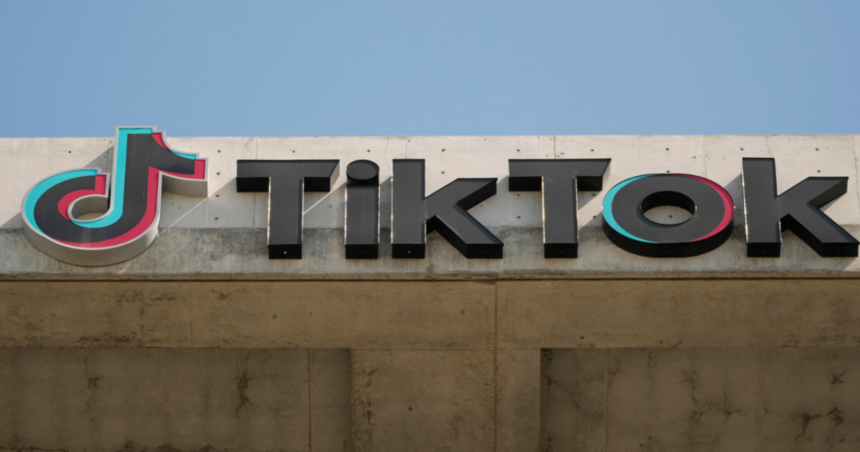In a new attack against one of the most popular technology companies in the world, the Justice Department has accused TikTok of being able to collect large amounts of information on users based on their views on controversial social issues such as gun control, abortion, and religion.
According to documents filed in the federal appeals court in Washington, TikTok and its parent company ByteDance, based in Beijing, utilized an internal web-suite system called Lark to facilitate direct communication between TikTok employees and ByteDance engineers in China.
Using Lark, TikTok employees reportedly shared sensitive data about U.S. users, which ended up being stored on Chinese servers and accessible to ByteDance employees in China, as stated by federal officials.
The filing also mentioned that one of Lark’s internal search tools allows employees in the U.S. and China to gather information on users’ content and opinions on sensitive topics like abortion and religion. It was reported last year by the Wall Street Journal that TikTok was tracking users who watched LGBTQ content, a feature that the company claimed to have deleted since then.
These court documents mark the government’s defense in a significant legal battle over the future of the popular social media platform, which has over 170 million American users. A law signed by President Joe Biden in April could lead to TikTok facing a ban unless it cuts ties with ByteDance.
Lawmakers and officials raised concerns that Chinese authorities might influence user data or public opinion by manipulating the algorithm that controls user feeds on TikTok. The Justice Department warned of potential covert content manipulation by the Chinese government through the algorithm.
The government alleges that TikTok and ByteDance employees engage in “heating,” a practice to promote certain videos for views, which could be used for undesirable purposes. Officials are requesting the court to allow a classified version of the legal brief that won’t be accessible to the companies.
In response, a TikTok spokesperson stated that the ban would violate the First Amendment rights of 170 million Americans. The company remains confident in its position and believes it will prevail in court.
The Justice Department pointed out that TikTok has not raised valid free speech claims and argued that the law addresses national security concerns without infringing on protected speech.
Oral arguments for the case are scheduled for September.





